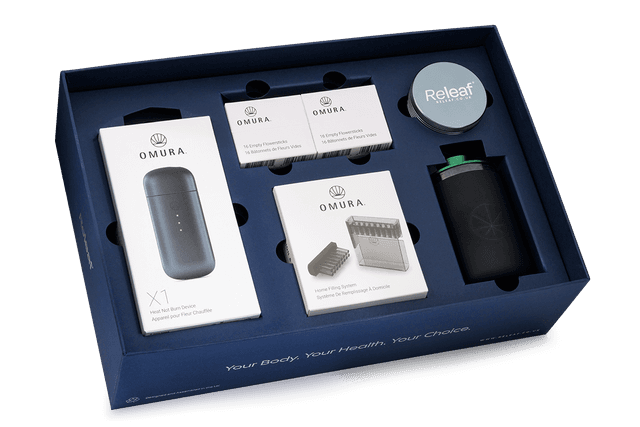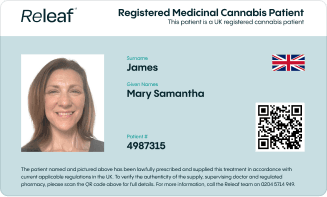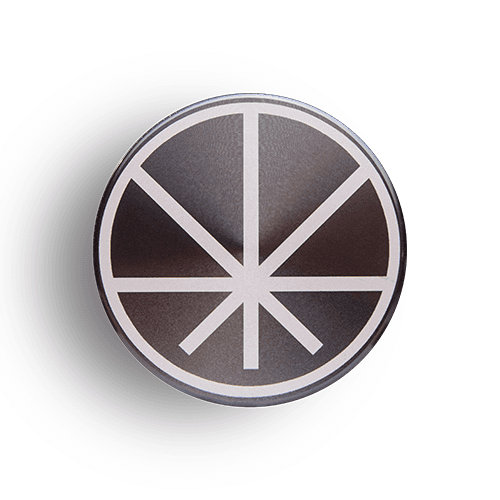France medical cannabis trial: the background
France’s medical cannabis pilot was launched in March 2021, overseen by the National Agency for the Safety of Medicines and Health Products (ANSM).
The concept of the trial was first suggested in 2018 when the ANSM brought together a committee to consider the feasibility of making medicinal cannabis available to patients.
Its launch came as a growing number of jurisdictions across Europe were recognising the medicinal value of cannabis (including the UK, where it was legalised in 2018) following years of campaigning on behalf of patients and advocates.
What were the details of the trial?
The pilot was initially designed to last two years, providing up to 3,000 patients with access to cannabis-based medicines on prescription for five approved indications. These include: refractory neuropathic pain, drug-resistant epilepsy, spasticity in multiple sclerosis (MS), cancer-related symptoms and palliative care.
Authorities were clear at the time that the pilot was not a clinical trial and was not designed to evaluate the effectiveness of medical cannabis in these conditions. Instead, its aim was to assess practicalities such as how cannabis could be prescribed, dispensed and distributed legally, as part of a larger scale medical cannabis programme.
Four companies were selected to provide products for the trial, and they were required to cover the costs of manufacturing and distribution, at no cost to patients and with no funding provided by the French government.
What were the results of the trial?
While the official outcomes from the trial have not yet been published, recent media coverage has reported some initial findings.
Mado Gilanton, a member of the Temporary scientific committee to monitor experiments with cannabis for medical use (CST), told The Connexion that the trial had “overwhelmingly positive” early results for 60% of patients who found the use of medical cannabis beneficial in relieving their symptoms.
Meanwhile, Professor Nicolas Authier, chairman of the CST, reportedly said in an interview with Le Point: "We have shown that hundreds of healthcare professionals can be trained to prescribe new drugs, but above all we have demonstrated that these treatments are a perfect addition to the arsenal of drugs available to patients who have reached a therapeutic impasse.”
What do we know so far?
A government report, submitted to the French parliament at the end of September 2022, also indicated that regulators were in favour of the widespread provision of medical cannabis.
Speaking to French media at the time, Nathalie Richard, director of the trial at the ANSM, also indicated that the products were having beneficial effects on patients’ symptoms.
According to the data reported in 2022, at the beginning of the trial, 81% of patients had ‘severe’ (67%) or ‘unbearable’ (14%) pain. After six months, over a third of patients are said to have reported a decrease of more than 30% in the intensity of their neuropathic pain.
According to a standardised questionnaire, the Patient Global Impression of Change (PGIC) scale, the improvement was ‘significant’, or ‘very significant’, for just over 40% of patients by the third month.
What does this mean for medical cannabis in France?
In October 2023, French Health Minister Aurélien Rousseau confirmed that the trial which was due to end in March 2024 would be extended until the end of the year. The ANSM has since announced that the treatment will be made available from 2025.
It is not known exactly what product formats and delivery methods will be available yet. However, earlier this year, the ANSM confirmed that medical cannabis cultivars - or flowers - would not be included in the upcoming framework.
Prescription costs are expected to be reimbursed by French health insurance provider, Assurance Maladie.
What can the UK learn from France’s medical cannabis trial?
Although medical cannabis has already been legal in the UK for almost six years, there is still a lot which regulators could learn from the French approach to legislation.
The trial has allowed the ANSM to evaluate the most effective way of rolling out the prescription and distribution of cannabis-based products. It may have been a slower process than some would have liked, but it hopefully means the infrastructure is in place to support the widespread expansion, from the prescribing doctors to the dispensing processes.
It has also collected crucial data on products and patient outcomes, which contribute to building the evidence-base for the safety and efficacy of medical cannabis. Despite patients having access to cannabis medicines since 2018, the NHS medical cannabis patient registry has been slow to collect data on the benefits or potential risks of these products. Instead, the industry is relying on independent organisations such as Drug Science’s T21.
Of course, on the downside, there is a limited number of qualifying conditions for which medical cannabis will be available in France (and it is not clear whether this will be expanded). And the decision to exclude flower will be a big concern for many patients.
However, the fact that prescription costs are expected to be reimbursed is significant. This means that patients won’t have to worry about the financial burden of accessing a treatment that works for them, an issue which, unfortunately due to the lack of NHS access, many in the UK are still struggling with.
You can find more information on Releaf’s medical cannabis pricing here and use the free tool to check whether you are eligible here





